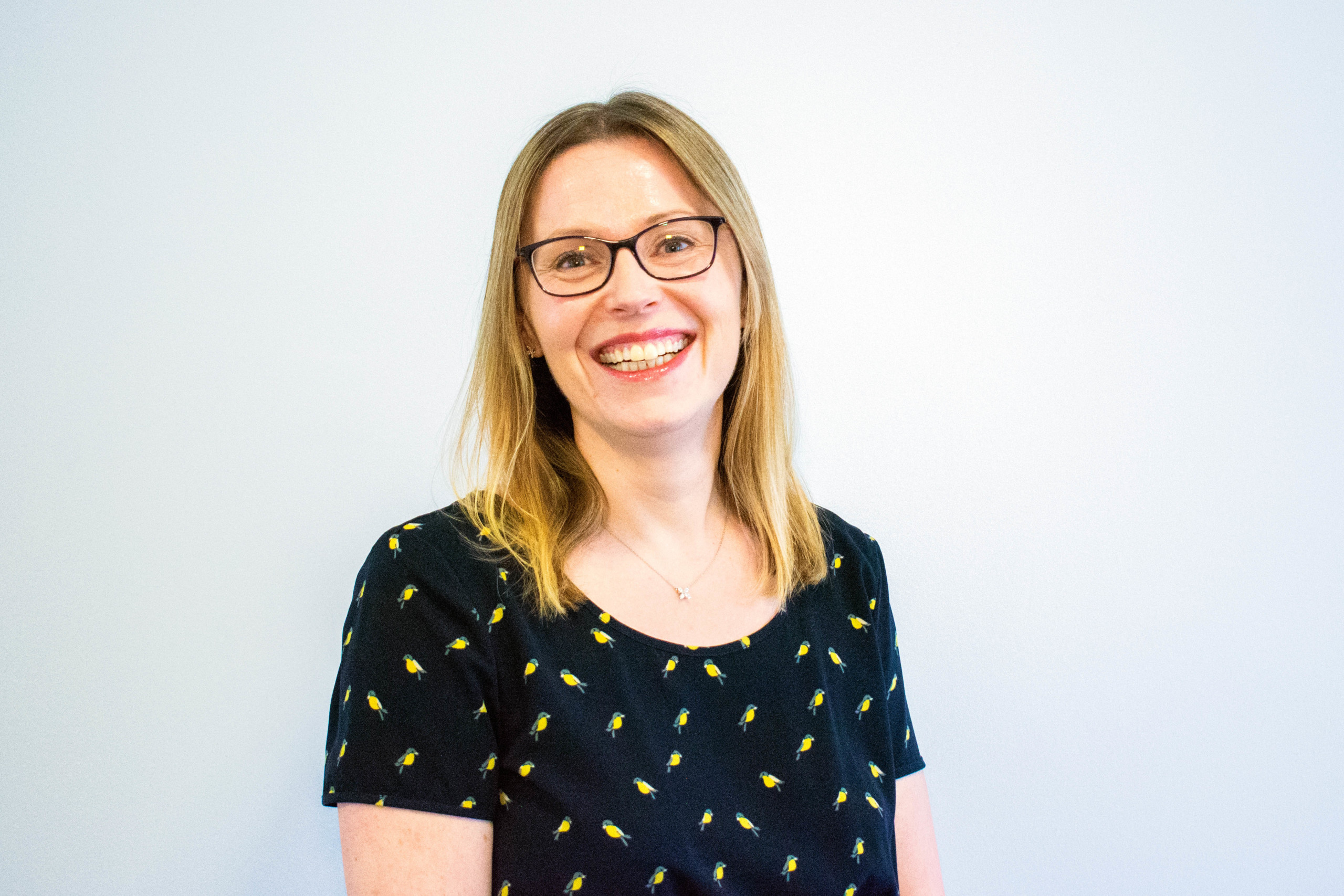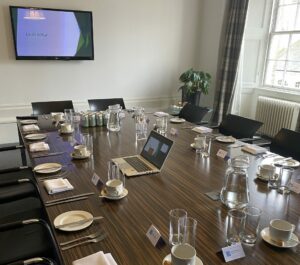Rutherford Cross recently welcomed Lindsay Dixon, CFO at STV Group plc to speak at our virtual Next Generation CFO event.
During the event, Lindsay provided the audience with a summary of her journey to CFO, giving details of her career choices and reasons behind them. Following Lindsay’s presentation, we progressed to a Q&A session which was an interesting opportunity for both Rutherford Cross consultants and the audience to pose some questions to Lindsay. It was a great opportunity to hear further from Lindsay on motivating and building teams, managing your time effectively as a CFO, creating a work/life balance, and establishing credibility. You can view Lindsay’s full presentation here.
Q: In each of your roles you have had to build successful teams around you. What is most important to you in creating and building the right finance function?
A: The most important thing is trust. It’s not just about identifying strong, high potential people who can grow with the business, and strengthen the team, it’s being able to identify people you can build a foundation of trust with. It is accepting that as the leader of the team, people are trusting me with their development, as well as me trusting them with our collective responsibilities.
Q: Your career has seen you work in varied and different sectors – Profession/Engineering/FMCG/Media. Did you deliberately plan to change sector to broaden your experience, and do you feel it has been important to your progress?
A – It wasn’t deliberate and if I’m being honest it wasn’t until I was at William Grant & Sons that I realised the benefits of the variety that I had, what I’d learned and what I’d been able to take from one role to the next. I started off in Johnston Press, a mature industry in terminal decline, and then moved to a highly cyclical commodity business at the Weir Group, and then to FMCG where the long-term growth potential for luxury drinks is significant. Then it was back to media at STV with a combination of the legacy broadcast business and the newer growth areas of digital and studios. Although the range of experiences I’ve had wasn’t deliberate at the time, I can definitely see how I’ve benefitted and so if you have the opportunity to engineer some of that variety then you should.
Q: The journey to CFO is not always a straight path and can take many different routes. In hindsight do you feel your career moves have been the right ones to achieve your ambitions or would you do anything differently if you could
A – I don’t think I would do anything differently. I don’t at all mean that I did absolutely the right thing at the right time and in the right way, but you can only deal with what is presented to you at the time. So I feel I looked at the opportunities that came my way or that I was able to create myself and did the best that I could do with each of those. Everyone on this call will have a different career path and story and none of those are right or wrong they are just our own individual paths. I try not to look back and think of any regrets, all you can do is consider that if there is something you would rather have done differently, you should try and not make the same mistake again.
Q: Being a CFO in a listed company, how do you split your time between being internally focused and doing your role versus externally managing shareholder expectations
A – That’s the bit that’s newest for me in terms of the role that I’m doing just now. I’ve had investor relations experience in previous plcs that I’ve been in, but responsibility hasn’t sat directly with me. Fair to say it has peaks and troughs. There are certain times of the year, for example approaching half and yearly results, that a lot of the focus is around the messaging, for example how are we progressing against strategy, how do we want to tell that story, what data should be shared etc. It takes up a lot of time at those times of the year. I try to keep those times between those two key parts of the year focused on the running and growth of the business and pushing forward with the strategy otherwise there would be no business to tell a story about!
Q: You started your career in media and have returned 10 years later. What are the key differences you have seen?
A – One of the obvious ones is the different way in which media is consumed. I started off in a traditional print-based business which has declined significantly over the interim period. But you talk about advertising trends now as you did back then, the drivers are quite similar, it’s the way that people are consuming their media that is driving how people want to advertise their products and services. Still very fast paced, never slow, and was then and is now a lead indicator of the health of wider economy. In general, how advertising fares tends to happen ahead of the broader economy.
Q: How did you prepare yourself for the things that scare or scared you in your roles and how did you overcome them?
A – I almost need to be scared to kick myself into a new opportunity. Having the scared feeling is almost necessary as it tells me it’s the right thing to do. That it is needed. One of the biggest things I’ve learned is that one person can’t do everything and you won’t get it right first time so you need to stay calm, manage your nerves, and accept that it will take a certain amount of time to learn something and work through a problem. And that’s ok. I find I tend not to panic as much anymore, and I actually quite like being faced with something that’s new or difficult, and that’s one of the biggest factors.
Q – From a people management perspective what would be your advice as to making the move from managing the team to managing the managers of a team. How did you learn to take a step back rather than being completely hands on?
A: One of the biggest ‘penny-drop’ moments for me was ‘just because you have been somewhere longer or have more experience doesn’t mean you have all the answers and doesn’t mean the rest of the team don’t have valid contributions to make’. Managing to change my mindset from ‘I am the leader I have to have all the answers’ to ‘I am the leader can I make sure I ask the right questions’ I think was a significant step. Ultimately as the leader of the team what I’m trying to do is not just get stuff done but make sure people in the team have the right development opportunities, they feel they are contributing, and are comfortable enough to put forward suggestions and ideas.
Q – Did you complete any formal leadership training and if so did you find that valuable?
I have been through a leadership programme when I was at the Weir Group which looked at knowing your audience, presenting to different audiences, mentoring, leading a team etc. At William Grant & Sons they often use the word Leader far more than they do Manager and I think psychologically there is a big difference and its very helpful. So I’ve had some formal and informal training. Mostly I go with my gut. I am a ‘what you see is what you get’ kind of person and I think as long as you are honest and can still look yourself in the mirror in the morning then do what you think is the right thing, try and behave properly, and crack on.
Q – How do you establish credibility with a new team?
I ask lots of questions and I also bake and take in cake! On my first day I try and take cakes round the office and introduce myself. I am a pretty straight-up kind of person and I think being natural and being yourself goes a long, long way. I ask a lot of questions to get to know the detail. I try to create a culture where people can ask me a lot of questions. Try and create that open dialogue from day one.
Q – Do you believe you could have taken on a CFO role when your children were younger?
A- My children are 14 and 12 just now. With the support network around me I absolutely do think I could have done this job when they were younger. If there was international travel that would certainly require more logistical planning but ultimately it’s not just planning physically ‘can I get from A to B and juggle everything’, it’s about mentally are you in the right in the place to want to do it and have the confidence to do it, and do you have that support network behind you. I think it’s about getting the building blocks in place and then absolutely you can do it.
Q – How have you managed building the relationships (and trust) with your team, particularly new people, during a period of remote working over the past 12 months?
A – One of the things we did back in March last year, when everything moved to Teams and Zoom, was to make sure that smaller teams within the wider team had WhatsApp groups set up to be able to keep in contact. Also rather than having formal meetings all the time, we get together fortnightly within finance for a coffee or cocktail dependent on what time of day it is. It’s a chance to just talk and not about work. That’s been really good as people have had a lot of pressure and from my perspective it’s a way to see how people are coping, identify if there is anyone who might need me to check in on. Also encourages people to let the wall down and open up and talk about how they are doing.
Q – Do you have a healthy work life balance in your CFO role and if so what are your secrets to success with this?
A – I used to be terrible and not have a work/life balance at all. I found it difficult to delegate, kept too much to myself, worked too long hours and didn’t see enough of people that I loved. I eventually had to listen to those around me telling me I needed to do something about it – that number of people can’t be wrong, right? I now have a wonderful work/life balance. I spend proper time with family every day, I exercise every day and make time for every motorcycle race that’s on the tv! I have been in a place of no balance to having a very healthy one now and actually it makes me a better person all round to take that time for myself. One of my other big learnings has been taking time for yourself is not being selfish, everyone needs to take time out to replenish their resources.
For a confidential discussion about your career in finance, or to find out more about Rutherford Cross events, contact [email protected] or [email protected]







